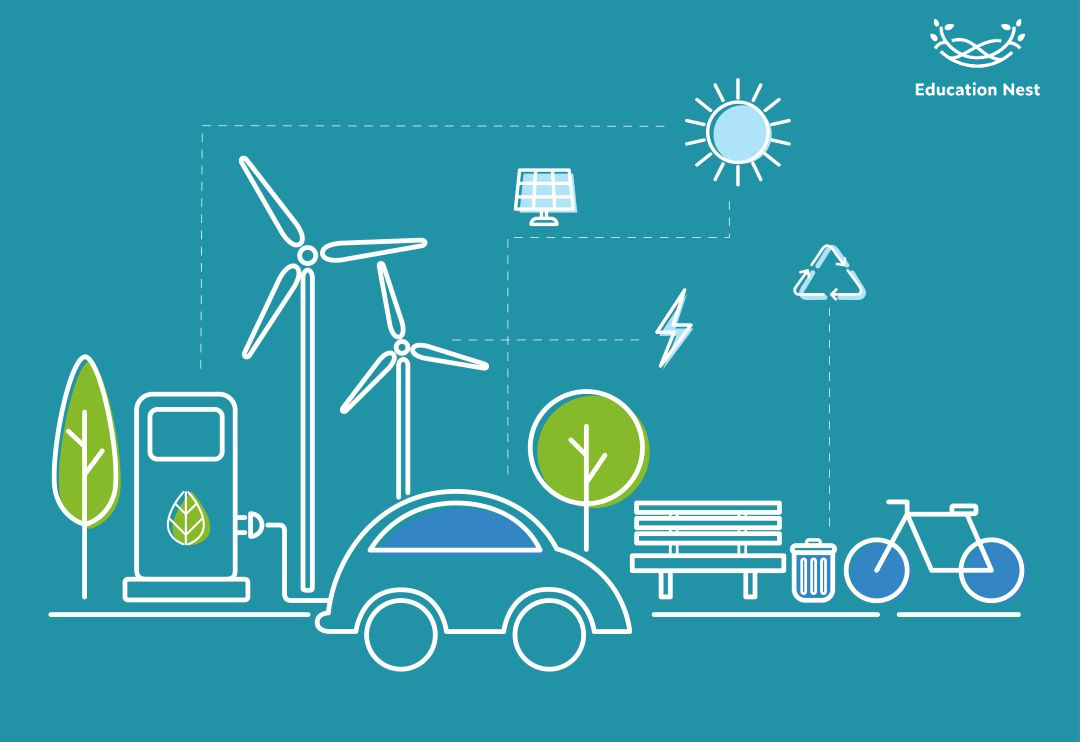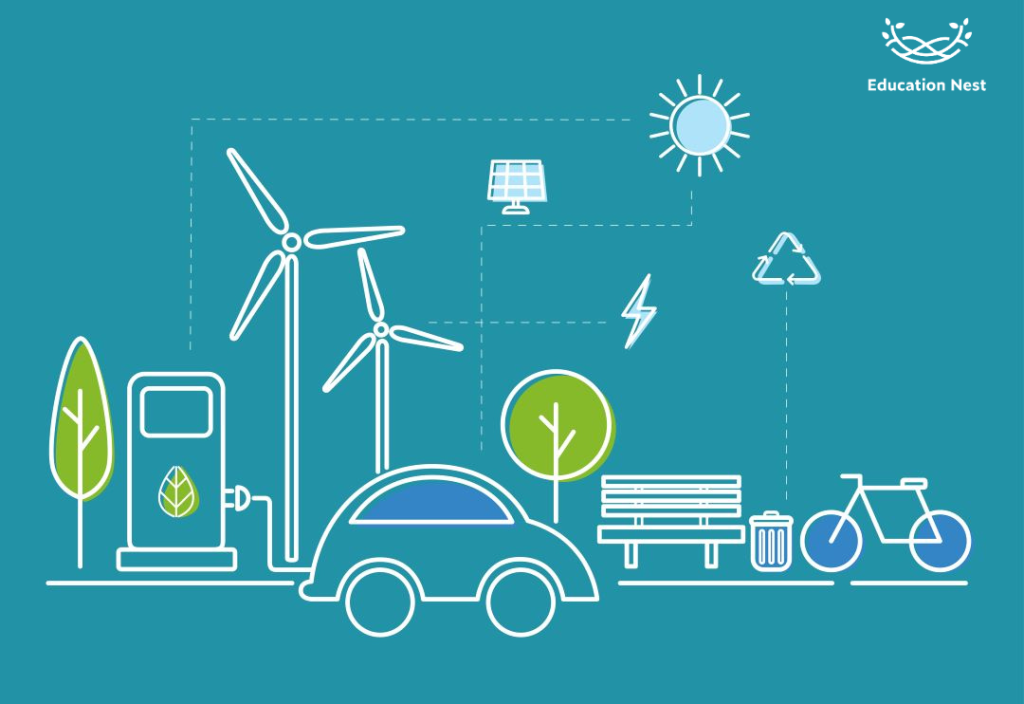
Becoming an EV engineer in 2024 seems like embarking on an adventure in the world of tomorrow’s vehicles. Electric vehicles (EVs) are not just cars; they are the future on wheels, whispering promises of a cleaner, greener planet. If you’re intrigued by the idea of shaping this future, then you’re in the right place! In this guide, we’ll take you through the journey of becoming an EV engineer. From understanding what EV engineering is all about, to diving into the skills you’ll need, and finally, exploring the educational path that will lead you to your dream career. We’ll make sure to keep things light and easy to follow, because hey, we want everyone to hop on this electrifying ride, regardless of age or background. So, buckle up as we gear up to navigate the electrifying road to becoming an EV engineer in 2024.
Understanding EV Engineering
Electric vehicles are like regular cars but with a twist – they run on electricity! Being an EV engineer means you get to work on these cool cars, making them faster, safer, and more eco-friendly. It’s a bit like being a superhero for the planet. You see, EVs help us fight pollution because they don’t emit nasty gasses like some old cars do.
Becoming an EV engineer is super exciting. You’ll learn how to design electric car parts, solve tricky problems, and even work on the software that makes these cars smart. Imagine being part of a team that creates a car which can drive itself or go really far on a single charge!
Education and Skills Needed
So, you’re thinking, “How do I get started?” Well, it all begins with education. Most EV engineers have a degree in engineering. This could be in electrical engineering, mechanical engineering, or even something cool like renewable energy engineering. These courses teach you all about how things work and how to solve problems – essential skills for an EV engineer.
But it’s not just about books and exams. Being curious, loving to explore how things work, and not giving up when things get tough are super important. You’ll also need to be good at working with a team because creating an electric vehicle is a group effort.
Getting Hands-On Experience

Learning doesn’t stop after school. Getting hands-on experience through internships or projects is like the secret sauce to becoming a great EV engineer. It’s your chance to apply what you’ve learned and see how things work in the real world. Maybe you’ll get to work on an electric car prototype or help improve the batteries that power them. This experience is priceless and can make you stand out when applying for jobs.
Staying Ahead with Technology
The world of electric vehicles is always changing. New discoveries and technologies are popping up all the time. So, keeping up-to-date with the latest trends and tech is a must. This could mean taking extra courses, attending workshops, or even following news on electric vehicles. It’s all about staying curious and eager to learn.
Also Read:
Electric Cars in India: A Sustainable Driving Revolution
Launching Your Career
Now, you’re ready to hit the road and start your career as an EV engineer. But where to begin? Look for companies that are leading the charge in electric vehicles. This could be big car manufacturers or startups focused on electric mobility solutions. Don’t be afraid to start in entry-level positions. Remember, every big journey begins with a small step.
FAQs
Let’s dive into some more FAQs that might help clear up any remaining curiosities about becoming an EV engineer.
Q: Can I work in the EV industry without an engineering degree?
A: Yes, while having an engineering degree is a common path, the EV industry is diverse. There are roles in project management, software development, sales, and marketing, among others, that contribute to the success of electric vehicles. Skills in these areas can also lead you to a rewarding career in the EV sector.
Q: What’s the job outlook for EV engineers?
A: The job outlook for EV engineers is very positive. As the world moves towards cleaner energy sources, the demand for electric vehicles is expected to grow. This growth will create more opportunities for engineers who specialize in this area. Companies are increasingly investing in research and development of new EV technologies, further boosting job prospects.
Q: Are there any specific tools or software I should learn to become an EV engineer?
A: Familiarity with computer-aided design (CAD) software is highly beneficial for EV engineers, as it’s often used to create designs and models of vehicle components. Additionally, knowledge of simulation software that can test electrical systems and components under various conditions can be a plus. Learning programming languages such as Python or MATLAB can also be helpful for data analysis and modeling.
Q: How can I stay updated with the latest developments in the EV industry?
A: Following industry news through reputable websites, journals, and magazines dedicated to electric vehicles and renewable energy is a great start. Joining professional organizations or online communities focused on EV technology can provide networking opportunities and access to the latest research and trends. Attending industry conferences and workshops is also a valuable way to learn and connect with professionals in the field.
Q: What kind of projects can I work on as an EV engineer?
A: As an EV engineer, you could work on a wide range of projects, from designing new battery technologies that extend the range of electric vehicles, to developing more efficient electric motors, or improving the software that controls various aspects of an EV’s performance. There’s also work in enhancing the charging infrastructure to make it faster and more accessible for EV owners.
In Closing
Embarking on a career as an EV engineer is not just about pursuing a job; it’s about being part of a global shift towards sustainable transportation. The journey requires dedication, continuous learning, and a passion for innovation. But for those who are up for the challenge, it offers the chance to be at the forefront of designing the vehicles of the future and making a real impact on the environment. So, keep asking questions, stay curious, and take every opportunity to learn and grow. The road to becoming an EV engineer is as exciting as the vehicles you’ll help create!

